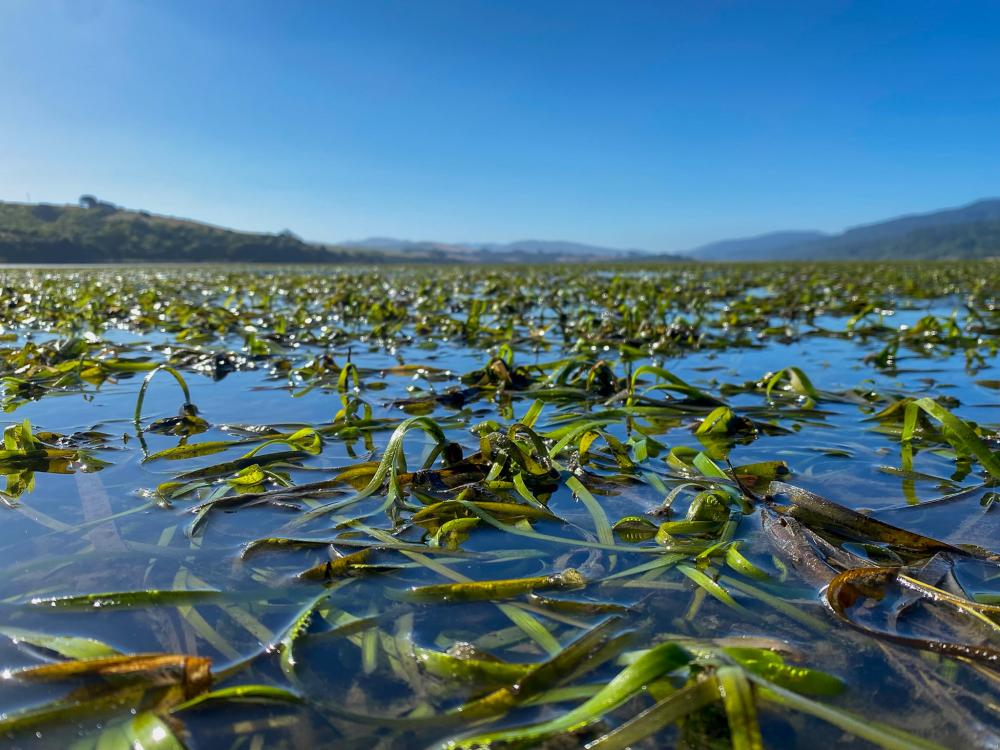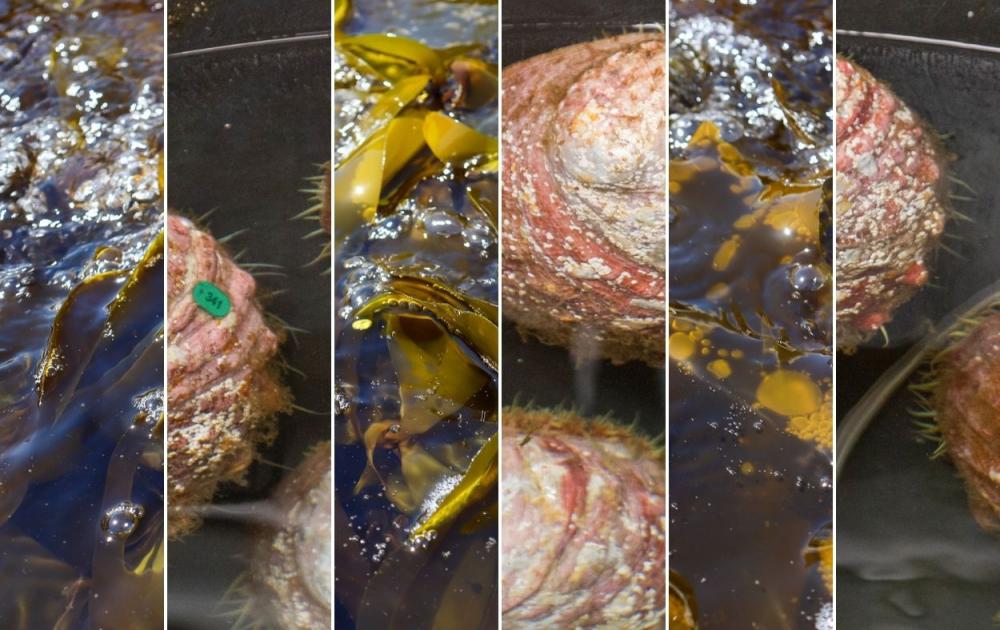About The Series:
This is a growing collection of stories about the real-world benefits of federally funded marine science. From restoring endangered species and building coastal resilience to uncovering how pollution affects ecosystems and communities, these stories reveal how public investment in science ripples outward—supporting discovery, conservation, and climate solutions that matter to people and the planet.

Resilience From The Ground Up
Resilience isn’t just something ecosystems do — bending, recovering, adapting in the face of stress. It’s something people do too. For UC Davis Ph.D. candidates Elisabeth Sellinger and Karolina Zabinski, resilience shows up in sediment cores and microbial communities, in carbon storage and stress responses, and also in career pivots, broken funding pipelines, and the uncertainty that shadows early-career science today.

Bringing Back What's Been Lost
Along California’s coast, two ambitious efforts are reshaping how we approach restoration in a rapidly shifting world. The White Abalone Captive Breeding Program, led by Dr. Alyssa Frederick, and the Kelp RISES project, led by Dr. Marissa Baskett, working alongside a broad interdisciplinary team, are tackling ecological crises head-on. While their focus areas differ—from restoring a nearly extinct marine snail to recovering underwater forests—both are case studies in how science can be used to build resilience: in ecosystems, institutions, and the people working to protect them.

What Pollution Leaves Behind
When oil spills or pollutants enter the ocean, the visible damage is only part of the story. Dr. Andrew Whitehead studies the genetic ripple effects—how exposure reshapes the biology of fish and other marine life for generations. His federally funded research helps reveal what industrial pollution leaves behind in coastal ecosystems, and why cleanup isn’t the end of the process. It’s science that connects environmental justice, molecular biology, and long-term ecosystem health.

